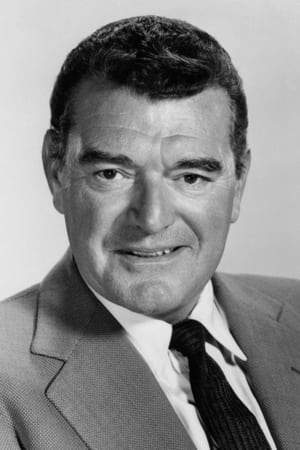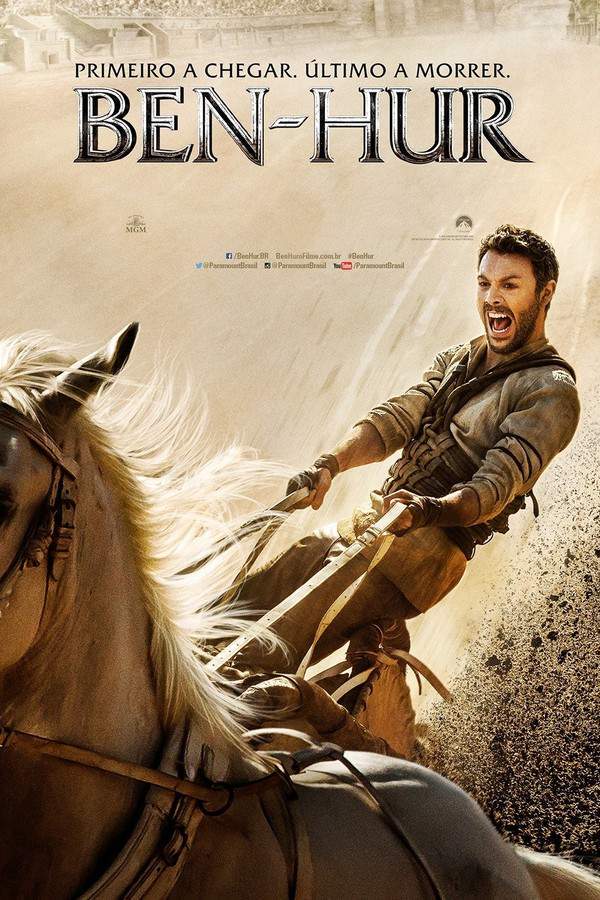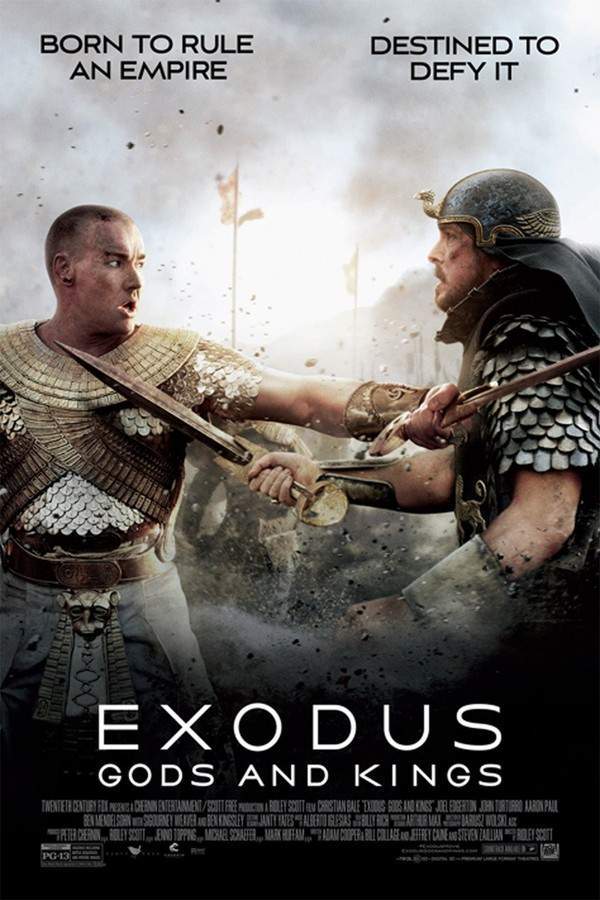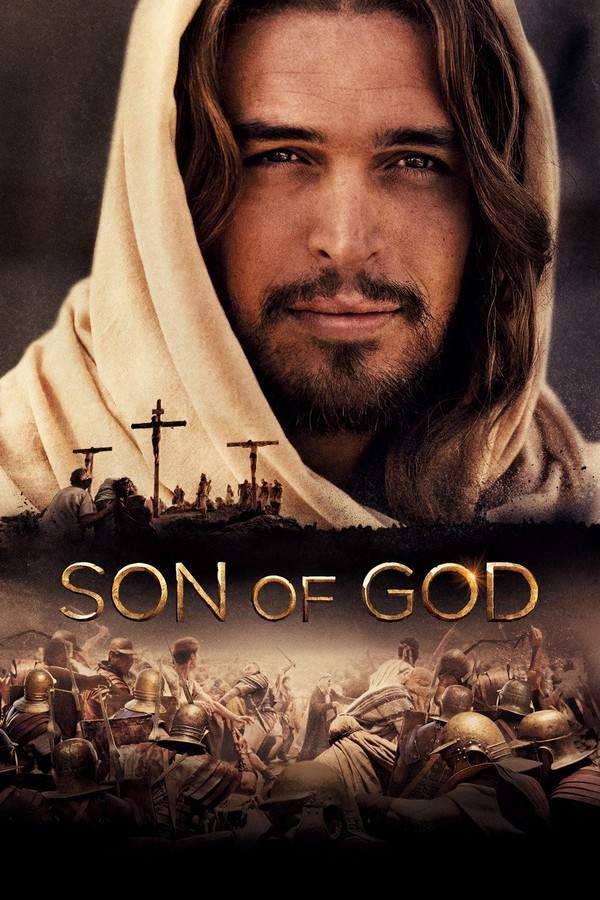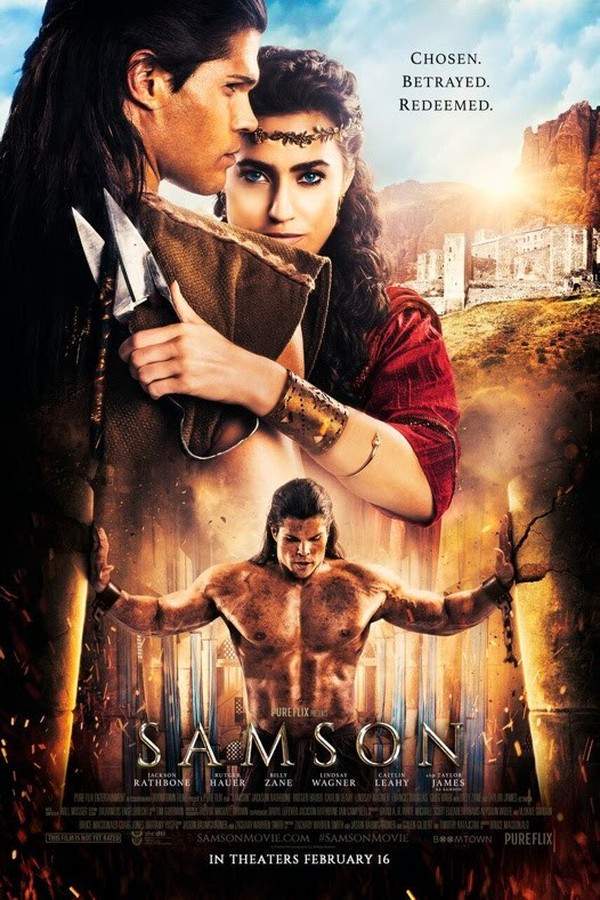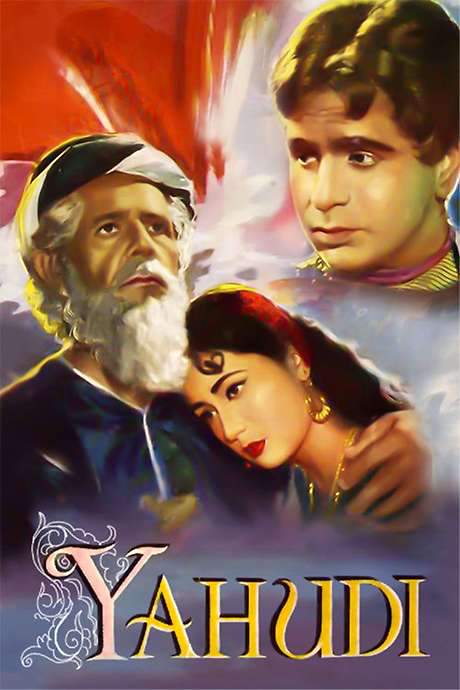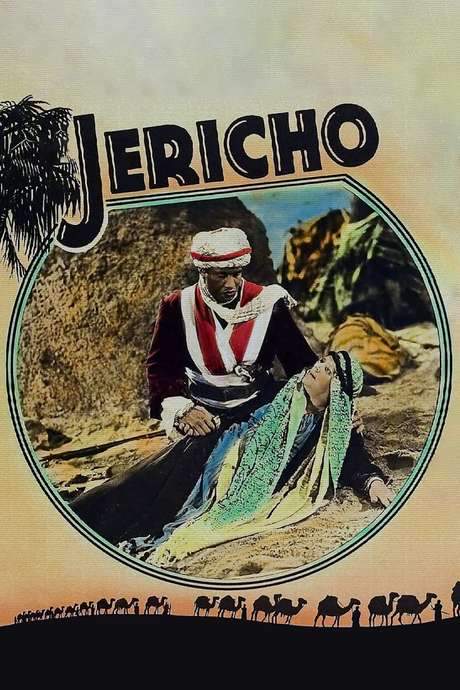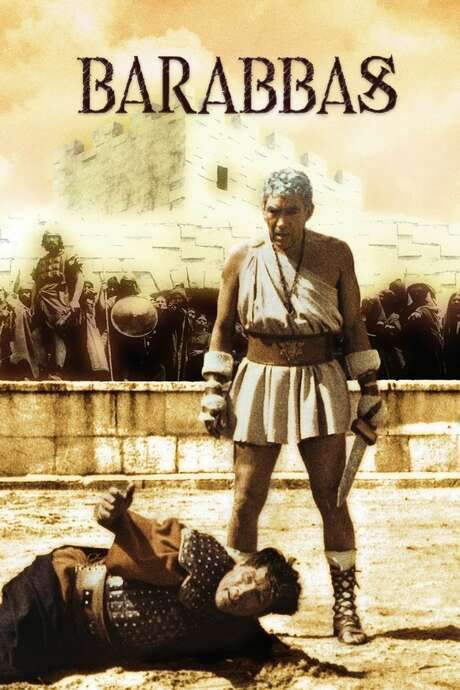Ben-Hur 1959
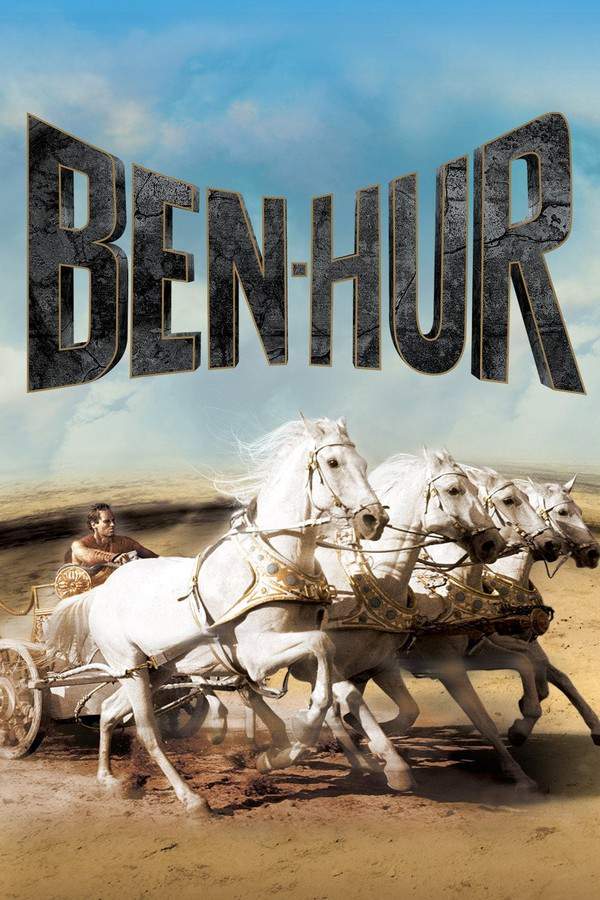
In ancient Jerusalem, Judah Ben-Hur, a Jewish prince, experiences a devastating betrayal that strips him of his status and plunges him into slavery. Driven by an unwavering desire for justice and fueled by a longing for revenge, he embarks on a perilous journey to confront the former friend responsible for his downfall, a man he once considered a brother.
Does Ben-Hur have end credit scenes?
No!
Ben-Hur does not have end credit scenes. You can leave when the credits roll.
Meet the Full Cast and Actors of Ben-Hur
Explore the complete cast of Ben-Hur, including both lead and supporting actors. Learn who plays each character, discover their past roles and achievements, and find out what makes this ensemble cast stand out in the world of film and television.
External Links and Streaming Options
Discover where to watch Ben-Hur online, including streaming platforms, rental options, and official sources. Compare reviews, ratings, and in-depth movie information across sites like IMDb, TMDb, Wikipedia or Rotten Tomatoes.
Ratings and Reviews for Ben-Hur
See how Ben-Hur is rated across major platforms like IMDb, Metacritic, and TMDb. Compare audience scores and critic reviews to understand where Ben-Hur stands among top-rated movies in its genre.

90
Metascore
8.7
User Score

8.1 /10
IMDb Rating
Take the Ultimate Ben-Hur Movie Quiz
Challenge your knowledge of Ben-Hur with this fun and interactive movie quiz. Test yourself on key plot points, iconic characters, hidden details, and memorable moments to see how well you really know the film.
Ben-Hur Quiz Challenge: Test your knowledge on the classic film 'Ben-Hur' and its themes of love, vengeance, and redemption.
Who plays the title role of Judah Ben-Hur?
Charlton Heston
Stephen Boyd
Jack Hawkins
George Relph
Show hint
Awards & Nominations for Ben-Hur
Discover all the awards and nominations received by Ben-Hur, from Oscars to film festival honors. Learn how Ben-Hur and its cast and crew have been recognized by critics and the industry alike.
32nd Academy Awards 1960
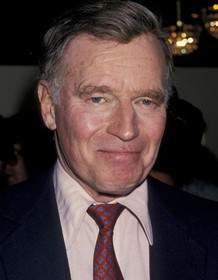

Art Direction (Color)
Cinematography (Color)
Costume Design (Color)
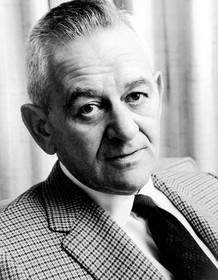
Film Editing
Music (Music Score of a Dramatic or Comedy Picture)
Best Motion Picture
Sound
Special Effects
Writing (Screenplay—based on material from another medium)
13th British Academy Film Awards 1960
Best Film
12th Directors Guild of America Awards 1960

17th Golden Globe Awards 1960
Best Film - Drama


Full Plot Summary and Ending Explained for Ben-Hur
Read the complete plot summary of Ben-Hur, including all major events, twists, and the full ending explained in detail. Explore key characters, themes, hidden meanings, and everything you need to understand the story from beginning to end.
After the iconic title sequence, on-screen text informs viewers that it is now AD 26. Judah Ben-Hur, portrayed by Charlton Heston, is a prosperous prince and merchant thriving in Jerusalem. His childhood companion, the Roman citizen Messala, played by Stephen Boyd, returns after a lengthy absence, now serving as the commander of the Roman garrison. While Messala embraces the glory and imperial might of Rome, Ben-Hur remains committed to his faith and the quest for freedom for the Hebrew people. When Messala seeks Ben-Hur’s assistance in naming Hebrews who speak out against Roman rule and is met with refusal, tension brews between the two.
Ben-Hur lives a harmonious life with his mother, Miriam (portrayed by Martha Scott), and sister, Tirzah (played by Cathy O’Donnell). Their devoted slave, Simonides (embodied by Sam Jaffe), is bustling with preparations for his daughter’s arranged marriage to Esther (performed by Haya Harareet). In a heartfelt moment, Ben-Hur grants Esther her freedom as a gift for her wedding, revealing their deep affections, even as she is poised to wed another.
During a grand procession for the newly appointed governor of Judea, Valerius Gratus, a mishap occurs when a tile from Ben-Hur’s roof falls, causing Gratus to tumble from his horse. Although Messala recognizes it as an accident, he unjustly punishes Ben-Hur by sending him to the galleys and imprisoning his mother and sister to instill fear within the Hebrew community. Ben-Hur, vowing vengeance for their suffering, finds himself parched and faint when a local carpenter—understood by the audience to be Jesus—offers him water while he is enslaved.
After enduring three years as a galley slave, Ben-Hur finds himself assigned to the flagship of the Roman Consul Quintus Arrius (played by Jack Hawkins), who is on a mission to eradicate a fleet of Macedonian pirates. Arrius, impressed by Ben-Hur’s remarkable self-discipline, invites him to be trained as either a gladiator or a charioteer. Ben-Hur humbly declines, expressing his faith that divine assistance will lead him on his path of revenge.
As the Roman fleet meets the Macedonians, Arrius orders all rowers except Ben-Hur to be chained. The battle takes a dire turn, and Arrius’ vessel is rammed and sunk. Displaying heroism, Ben-Hur unshackles the other rowers, saving Arrius from drowning. Despite assuming defeat, Arrius is rescued alongside Ben-Hur, and the senator receives credit for victory when he returns to Rome. He successfully advocates for Ben-Hur’s release, even adopting him as a son. Years pass, and Ben-Hur, now affluent, learns the Roman way of life and continues to excel as a charioteer, yet longs for the companionship of his family.
Upon his return to Judea, Ben-Hur encounters Balthasar (portrayed by Finlay Currie) and an Arab sheikh named Ilderim (played by Hugh Griffith). The sheikh, having heard of Ben-Hur’s exceptional skills as a charioteer, persuades him to drive his Quadriga in an upcoming race for the new Judean governor, Pontius Pilate (interpreted by Frank Thring). Initially hesitant, Ben-Hur alters his decision upon learning that Messala will be a competitor.
Back at his home in Jerusalem, Ben-Hur reconnects with Esther, discovering that her arranged wedding never took place and that she still harbors feelings for him. When he confronts Messala to secure the release of his mother and sister, he learns of their tragic fate—contracting leprosy during their imprisonment. The Romans cast Miriam and Tirzah from the city, leading Esther to conceal the painful truth from Ben-Hur, claiming that his family has perished.
As the much-anticipated chariot race unfolds, Messala employs dangerous methods, affixing blades to his chariot to wreak havoc on opposing racers. In a fierce and chaotic contest, Messala’s reckless pursuit results in his own demise, while Ben-Hur emerges victorious. With his last breath, Messala reveals, “>the race is not over” and indicates where Ben-Hur might find his family, urging him to “recognize them” in the Valley of the Lepers. Ben-Hur eventually visits the leper colony, where he glimpses his mother and sister from afar.
Esther, moved by Jesus’ teachings during the Sermon on the Mount, shares his message of peace and redemption with Ben-Hur. Finding bitterness in the Roman regime’s oppression of his family, Ben-Hur renounces his ties to Roman citizenship. After discovering that Tirzah is gravely ill, Ben-Hur and Esther seek out Jesus for his healing touch, but they arrive amidst the trial of Jesus before Pontius Pilate. In a profound moment, Jesus stumbles before Ben-Hur during his procession to Golgotha, provoking an emotional reaction as Ben-Hur tries to provide Him with water.
As he witnesses the heart-wrenching crucifixion of Jesus, Ben-Hur experiences a transformation. His mother and sister, miraculously healed, reunite with him. Ben-Hur shares with Esther how he felt Jesus’ words of forgiveness pierce his heart while he was on the cross: “I felt His voice take the sword out of my hand.” The film culminates in a poignant image of the empty crosses at Calvary, accompanied by a shepherd guiding his flock, underscoring themes of hope and redemption.
Uncover the Details: Timeline, Characters, Themes, and Beyond!

Coming soon on iOS and Android
The Plot Explained Mobile App
From blockbusters to hidden gems — dive into movie stories anytime, anywhere. Save your favorites, discover plots faster, and never miss a twist again.
Sign up to be the first to know when we launch. Your email stays private — always.
Watch Trailers, Clips & Behind-the-Scenes for Ben-Hur
Watch official trailers, exclusive clips, cast interviews, and behind-the-scenes footage from Ben-Hur. Dive deeper into the making of the film, its standout moments, and key production insights.
Ben-Hur Themes and Keywords
Discover the central themes, ideas, and keywords that define the movie’s story, tone, and message. Analyze the film’s deeper meanings, genre influences, and recurring concepts.
Ben-Hur Other Names and Titles
Explore the various alternative titles, translations, and other names used for Ben-Hur across different regions and languages. Understand how the film is marketed and recognized worldwide.
Similar Movies To Ben-Hur You Should Know About
Browse a curated list of movies similar in genre, tone, characters, or story structure. Discover new titles like the one you're watching, perfect for fans of related plots, vibes, or cinematic styles.
Quick Links: Summary, Cast, Ratings, More

What's After the Movie?
Not sure whether to stay after the credits? Find out!
Explore Our Movie Platform
New Movie Releases (2025)
Famous Movie Actors
Top Film Production Studios
Movie Plot Summaries & Endings
Major Movie Awards & Winners
Best Concert Films & Music Documentaries
Movie Collections and Curated Lists
© 2025 What's After the Movie. All rights reserved.



